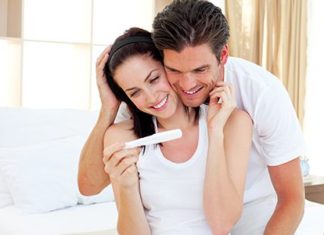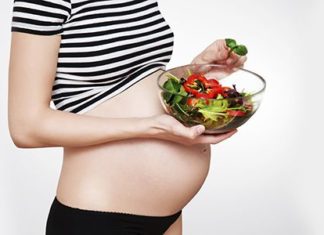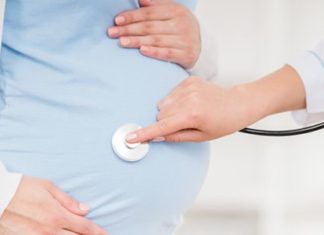Help for infertile couples
Scientists at the University of Sheffield are launching a pioneering study to investigate if a simple extra nutrient can boost male fertility.
Studies have already shown that lycopene, the red pigment compound found most readily...
Couples’ pre-pregnancy caffeine consumption linked to miscarriage risk
A woman is more likely to miscarry if she and her partner drink more than two caffeinated beverages a day during the weeks leading up to conception, according to a new study from researchers...
Fertility and Facebook
A recent fertility management study identified the barriers Australians face when managing their fertility including the cost of fertility services, accessing contraception and limited knowledge about sex and reproduction.
“Australia faces the paradoxical problems of...
Infertility treatments do not appear to contribute to developmental delays in children
Children conceived via infertility treatments are no more likely to have a developmental delay than children conceived without such treatments, according to a study by researchers at the National Institutes of Health, the New...
Hormone-disrupting chemicals are threatening fertility in industrialised countries
The birth rate is declining in all industrialised countries, and socioeconomic factors and women's age are not solely to blame. Male reproductive health and environmental factors are also significant, as concluded in a new...
Prenatal Maternal Iron Intake Shown to Affect the Neonatal Brain
In the first study of its kind, researchers have shown that inadequate maternal iron intake during pregnancy exerts subtle effects on infant brain development. Their findings have been published online by the journal Pediatric...
What your father ate before you were born could influence your health
There is increasing evidence that parents’ lifestyle and the environment they inhabit even long before they have children may influence the health of their offspring. A current study, led by researchers from the Novo...
The “faulty gatekeeper” that causes increased miscarriage and birth defects
It is well known that the risk of miscarriage and the risk of having a baby with chromosomal abnormalities increases significantly with maternal age. This age-related decrease in fertility and increase in miscarriage is...
The "faulty gatekeeper" that causes increased miscarriage and birth defects
It is well known that the risk of miscarriage and the risk of having a baby with chromosomal abnormalities increases significantly with maternal age. This age-related decrease in fertility and increase in miscarriage is...
Smart but shy: what women want in a sperm donor
A QUT study into how women choose sperm donors online has revealed men who are intellectual, shy, calm and methodical are selected to produce more children than those who are extroverted.
The study, "Determinants of...
- Advertisement -
Sign up to receive the latest parenting news, competitions, health information, baby/child/whole family recipes, play ideas, outings, personal stories and much more.


















